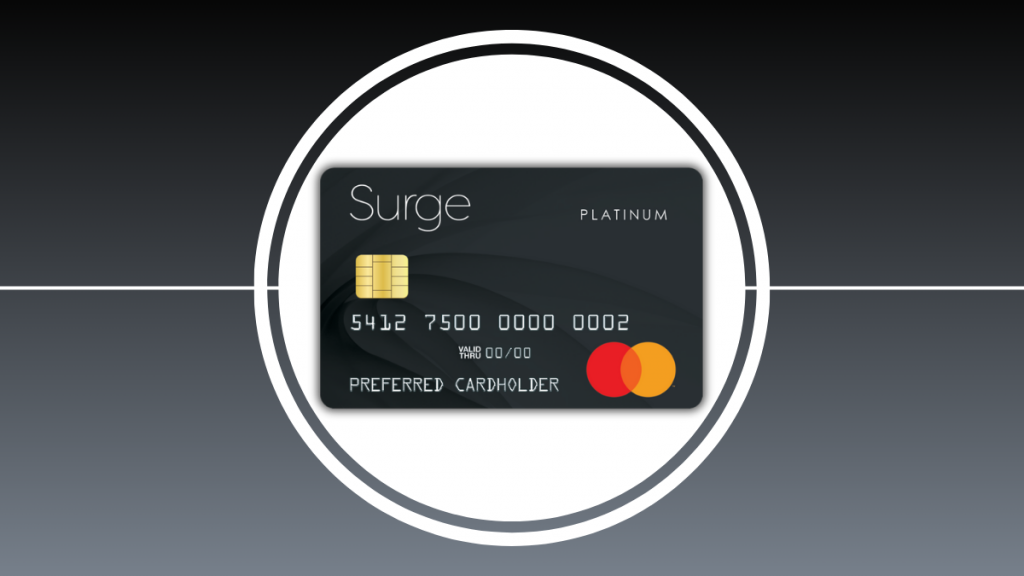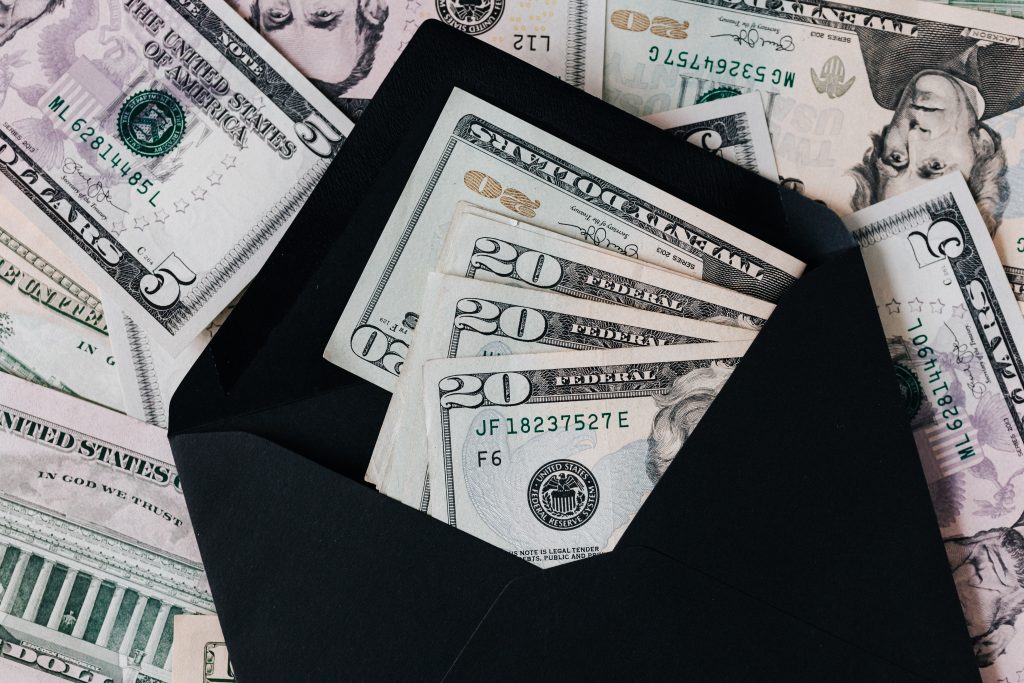Investing (US)
Emergency Fund: What it is and why it matters?
Having an emergency fund is essential to prevent you from stressing out during financial unforeseen events. Come learn more about it!
Learn what is an emergency fund and its importance to your finances

Anyone who desires to be wealthy needs to know what is an emergency fund. This is fundamental in order to organize your financial life. Do so as soon as you can. An emergency fund is an amount of money that you save and invest. And knowing where to invest is also part of this first step. So, if you wish for a more balanced and smooth financial life, but do not know how to start, with how much, nor where to invest the money saved, this ends now.
This article seeks to answer these and other questions involving the purpose of emergency funds. It provides explanations and tips on how to start one from scratch. We will also talk about what to do if it runs out at some point. We have done some research on what experts have to say about it. So, what are you waiting for? Do not miss this out!

What does HCOL and LCOL area mean? Pros and cons!
Did you know that the place where you live has a direct impact on your financial health? Find out here what HCOL and LCOL area mean!
What is an emergency fund?

To summarize, an emergency fund is usually money set aside in a savings account. The idea is that, over time, it will cover costs you may have to bear in case of possible unforeseen events. It is like a plan B to protect you so that urgent situations do not interfere with your lifestyle or decrease your purchasing power.
Moreover, it helps to decrease the amount of stress in this kind of situation. Emergency funds are generally saved over time so that you are capable of meeting your fixed monthly expenses during a certain period of time. For example, in case you experience a sudden drop in your home’s income.
Forming an emergency fund is the first step towards having balanced financial, mental, and emotional health, and so on. This sort of protective tool provides peace of mind for people because it acts as a kind of insurance for cases such as an unexpected dismissal, illness in the family, or another unforeseen situation of the kind.
You will be redirected to another website
By submitting this form, I agree that I am 18+ years old and I agree to the Privacy Policy and Terms and Conditions. I also provide my signature giving express consent to receive marketing communications via automated emails, SMS or MMS text messages and other forms of communication regarding financial products such as credit card and loans. Message frequency varies and represents our good faith effort to reach you regarding your inquiry. Message and data rates may apply. Text HELP for help or text STOP to cancel. I understand that my consent to receive communications is not a condition of purchase and I may revoke my consent at any time.
What is an emergency fund used for?
Financial experts all agree that everyone should have an emergency fund. It is essential for any person’s financial planning, but especially for investors. So, if your plan is to reap the benefits of investing, this is the path.
Besides being a protection mechanism and preventing people from getting into debts, emergency funds are also used in an investor’s portfolio as part of a retirement plan. Nevertheless, this type of fund is valid for all types of investors. From beginners and more conservative to the experienced and more aggressive.
Although the need to have an emergency fund is consensual among experts, there is no such thing as a rule determining how much one should save and invest. And this happens because different people live in different situations. Therefore, each one of us has his or her own specific needs.
The formula that can save your life
However, just because there are no fixed rules, it does not mean that experts did not create a formula. And the thing about formulas is that we can adapt them to our current situation. Going into more detail, this formula says the following:
One should save an amount that is equivalent to six to 12 times one’s monthly expenses. Thus, just to give you an example, those who have average monthly expenses of $5,000 should accumulate an emergency reserve of at least $30,000 to $60,000. This would give the person time to restructure his or her situation without worrying too much.
What to consider when using the formula
To define the size of the emergency fund, financial experts recommend that you consider the specific conditions of your current situation, such as:
- Regularity of income: If you are a self-employed professional, your source of income may vary significantly. Thus, your emergency fund needs to be very reliable.
- Employability: Emergency funds are excellent in case of losing a job. Depending on how easy it is for you to get back into the job market, the size of your fund should be bigger or smaller.
- Preestablished commitments: Someone who has a mortgage or health insurance should be aware that these expenses will persist month after month. Thus, the emergency fund must be bigger.
- Investor’s risk profile: Depending on the composition of the rest of the person’s investment portfolio, it may be necessary to keep a bigger emergency fund. For example, if the person has many variable income investments.
What is an example of an emergency fund?

When to use your emergency fund?
The name already says it. During emergencies, which, of course, are events we do not plan. Despite this being obvious, do not forget: you must only use the money in your emergency fund in emergencies and unexpected situations! Because it works as a kind of insurance, the main objective is to have it, but not to use it.
Let us define financial emergencies. These are times when there is a sudden increase in expenses. Health issues, education investments, or unexpected debts, for example. Or the opposite, like a sudden reduction in income. Unemployment, for example.
When not to use your emergency fund?
Do not use it to pay for non-essential expenses. Credit card bills that include superfluous consumption, vacations, or trips, for example. In addition, as important as using it correctly, after you use it in an unforeseen situation, it must be recomposed as soon as possible.
By the time your emergency fund has run out and income is still low, or extraordinary expenses are high, you must come up with an action plan. Those who do not have multiple sources of income need to reduce their cost of living as much as possible. Looking for alternative sources of income is essential.
Make it a habit that you will never forget!
How do you start an emergency fund? Some useful tips!
It is very difficult to build up an emergency fund without first assessing your financial life. Review all your expenses, from essential to superfluous; and the number of sources of income, and the amount you earn, as well as the periodicity. This is the best way to begin being financially prepared.
Organize your budget by identifying financial bottlenecks and excesses. Free up space to really start saving. Establish a monthly amount to save. Allocate it to an emergency fund as soon as possible. Do not wait until you have “enough money left over” to save and invest. This is a trap.
If possible, automate these savings by setting up scheduled monthly transfers. This will help you not to rely on these amounts for everyday household or family expenses. Even more important than the amount saved is the consistency of these savings. Do not stop saving money for your emergency fund until it has reached the amount you have set as your ideal.
Where to invest your emergency fund
The two main characteristics that should exist in the investments to which you allocate your emergency fund are high liquidity and low risk. In fact, both characteristics are connected. Emergency funds have to be investments that you can redeem on the same day or, at most, the next day. As they are meant for unforeseen events, assume that the need for them will occur immediately.
Liquidity is the level of ease to turn your investment into cash. This is why emergency funds need to be invested in highly liquid financial products. This is mainly present in low-risk investments. They need to be available in safe investments that are free from high volatility.
Of course, high liquidity and low risk are also connected to low profitability. For this reason, the ideal is to find alternatives that offer a return sufficient to at least compensate for inflation. The products usually indicated for the emergency funds are government bonds; CDs (certificates of deposit), investment funds, among others.
The choice between the most indicated options needs to consider the characteristics of each specific product, especially the costs. Since they are low-risk alternatives with relatively lower profitability, high operational costs are a problem, since they can absorb a considerable portion of the return.
To invest in government bonds, for example, it is worth looking for brokers that do not charge an administration fee. The same goes for investment funds. There are options with disproportionately high fees compared to the profitability they offer. Try to avoid them.

How to manage your mortgage: best tips and advice!
To manage a mortgage was once a scary path to follow. But after reading our article, you won't feel like this anymore. Check out our tips!
About the author / Thais Daou
Reviewed by / Aline Barbosa
Senior Editor
Trending Topics

Stimulus loans review: learn how it works!
If you are looking for information on how government loans work, read our Stimulus loans review to find out and see if you qualify!
Keep Reading
E*TRADE Investing full review
E*TRADE brokerage account features a robust online platform that will help you trading. So, check out the E*TRADE Investing full review!
Keep Reading
How to apply for the Blue Sky Financial loans?
The Blue Sky Financial loans work as a discount mortgage brokerage that finds you the best lender for your home dream! Find out how to apply.
Keep ReadingYou may also like

The best credit cards in the US for 2022
Today you'll find out the best credit cards in the US. That way, you can choose the one that fits your profile better and enjoy many benefits and rewards in 2022!
Keep Reading
Surge® Platinum Mastercard® credit card review: credit limit even for the lowest scores
If you have a bad score or no score, this is an excellent way to fix it. Learn more about the advantages of this card and what makes it so successful in our Surge® Platinum Mastercard® credit card review!
Keep Reading
Debt consolidation loan: an uncomplicated guide
Read this article to learn how a debt consolidation loan can help you pay off your debts faster, save money, and improve your credit score. Check it out!
Keep Reading